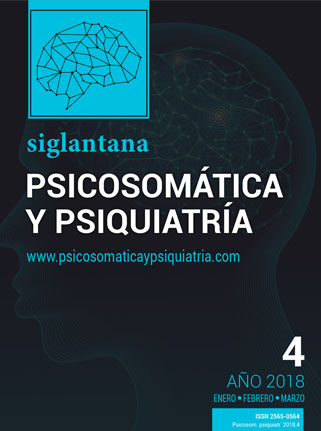Depression and cognitive-behavioral therapy in spinal cord injury: current and future perspectives
Article Sidebar

Main Article Content
Spinal cord injury is among the most catastrophic and disabling causes that can affect an individual’s life. Even though many people with sequelae of spinal cord injury adaptively deal with their disability, the possibility of experiencing depression and of being at risk of suicide is higher than in the general population. Other significant risks to consider in these individuals include substance abuse and self-neglect behaviors. This paper aims at raising a reflection and presenting a brief review on the possible implications of spinal cord injury in the psychological sphere of the individual. Particularly, the paper deals with the problem of depression and the importance of psychotherapy in this condition, focusing on the potentialities of the cognitive-behavioral therapy and its last developments in the approach to depression in this specific group of users of the healthcare services.
Article Details
Copyright
This work is published under a license Creative Commons Reconocimiento-CompartirIgual 4.0 Internacional (CC BY-SA 4.0)
The authors maintain all copyrights and the journal reserves the rights of the first publication of the article.
Most read articles by the same author(s)
- Susana Clara Morais, Adriano Vaz Serra (1940-2019): the psychiatrist, the researcher, the pedagogue , Psicosomàtica y Psiquiatría: No. 9 (2019): abril-mayo-junio